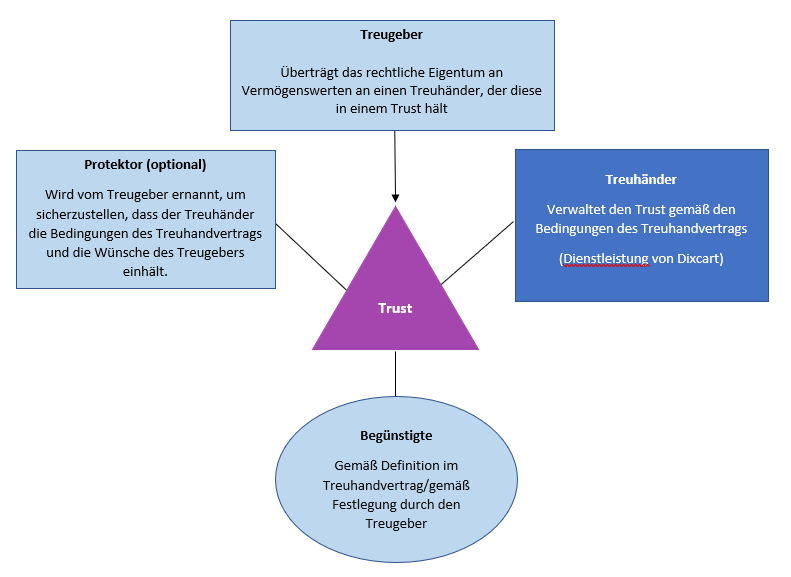The popularity of Family Investment Companies (FICs) has increased over recent years, and they are viewed as a corporate alternative to the more common discretionary trust.
What is a Family Investment Company?
FICs are companies limited by shares (an “Ltd” or “Limited”) and often established by parents and/or grandparents (“Founders”), to benefit themselves and their family, as shareholders. An FIC owns assets such as property, which generate income and capital gains, which can be distributed to the family shareholders over time.
Assets generally come from the Founders themselves, either through a loan or a direct transfer into the FIC. Each shareholder owns a different class of shares (often referred to as “alphabet shares”), gifted to them by the Founders.
Generally, the Founders’ shares will have the usual rights to vote and receive dividends but not capital, whereas the gifted shares will only have the rights to receive dividends and capital, but not to vote.
This ensures that the Founders have the sole right to make decisions, regarding the FIC, at both shareholder and board level, including decisions relating to dividend payments.
Benefits of a Family Investment Company
A number of benefits are available through the use of an FIC. It is, however, important to speak with a tax specialist, such as Dixcart, who can help advise on the tax merits of an FIC, taking into account each potential Founder’s circumstances and objectives.
The benefits offered through the use of an FIC, include:
- FICs can be used to move assets from individuals’ personal estates into a corporate vehicle, which can then be used, to control those assets by those individuals (Founders), being the only shareholders with the power to vote and to decide the composition of the board. This allows them to provide a controlled source of income for both themselves and their family over a period of time.
- Limited companies offer the advantage of flexibility. This is ideal in situations where family structures, objectives and other considerations, are changing regularly. Examples of such flexibility, include: shares being transferred, new shares being issued with different rights, and changes to the composition of the board of directors. All of which can be decided by the Founders.
- There are a number potential tax advantages when using FICs, including Inheritance Tax, but these will vary depending on; the size of the investments/loans, the assets held by the FIC and the personal circumstances of the Founders.
- Alternatively, if the capital value of the loan is no longer needed, the Founders could gift the value of the loan to other family members. This would move the value of that loan out of their taxable estate, for Inheritance Tax purposes, subject to them surviving the date of the ‘gift’ by seven years.
Opportunities Provided Through the Use of a Non-UK Resident FIC by International Families
International families making direct investments into UK companies, as individuals, are liable to UK Inheritance Tax on those UK situs assets. It is also advisable to have a UK will to deal with those assets on their death.
Making those investments through a non-UK resident FIC can remove the liability to UK inheritance tax as well as the need to have a UK will.
An Example Using a Guernsey Company
The example below details the potential benefits provided through the use of a Guernsey company.
The company will pay tax at a rate of 0% on any profit that it generates, due to the fact that this is the corporate tax rate in Guernsey (with limited exceptions and subject to any specific provisions in the counties where investments are held).
Provided that the company is correctly managed and controlled from Guernsey and the register of members is kept, as required, ‘offshore’ it is possible to retain ‘excluded property’ status for IHT (apart from in relation to UK residential property and certain other assets).
The shares in the company are not a UK situs asset. If the company is a private Guernsey company, it does not need to file accounts. There is a beneficial ownership register for companies in Guernsey, this is private and not searchable by the public.
Additional Information
To find out how an FIC might be of benefit to you, and for assistance in establishing an FIC appropriate to meet your needs, please contact the Dixcart office in the UK: advice.uk@dixcart.com
The Dixcart office in the UK can also provide advice as to whether a non-UK resident FIC might be applicable in your particular family circumstances.














